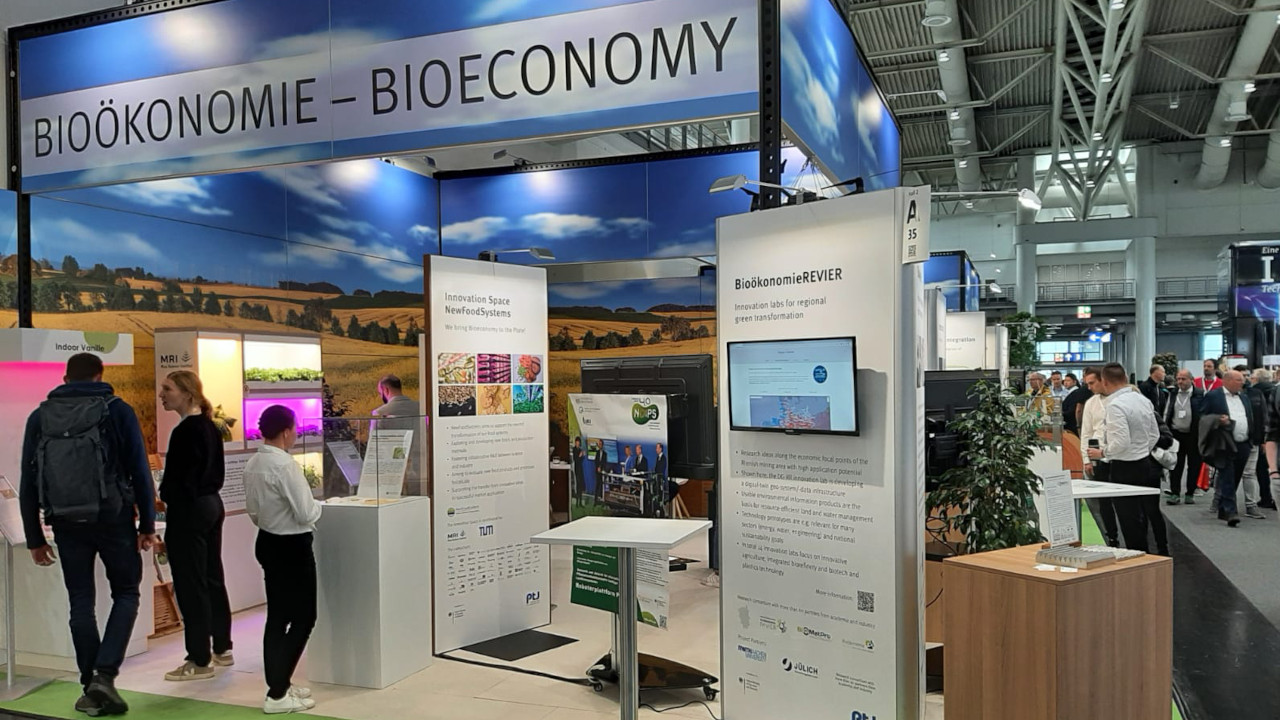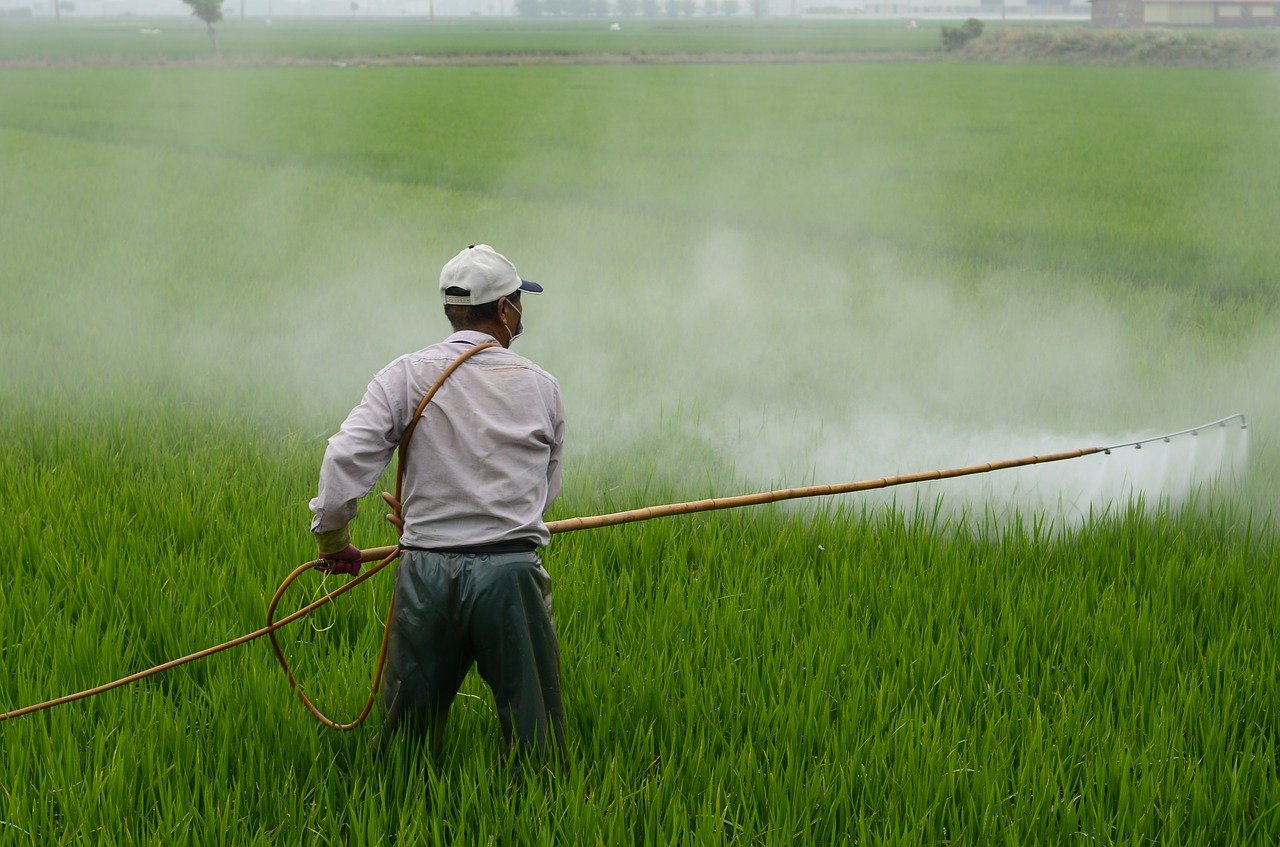However, this requires a technological and socio-cultural turnaround. This includes, for example, the consistent implementation of resource-conserving agricultural methods, the reduction of food losses and, finally, dietary changes.
The researchers ask the question of how many people could be fed worldwide if a strict standard of ecological sustainability were maintained. The environmental capacities are defined in the form of several planetary load limits - scientifically defined maximum values for human intervention in central processes of the planet. The study covers four of the nine planetary limits relevant to agriculture: the integrity of the biosphere (intact biodiversity and ecosystems), changes in land use, freshwater use and the use of artificial fertilizers. Based on a sophisticated computer model, the effects of food production on these boundaries are being investigated. The analysis shows where and how many limits are violated by current food production and how this could be reversed by introducing more sustainable forms of agriculture.
Not only more sustainable agriculture, but also changes in diet are inevitable. For example, some of the animal proteins should be replaced by legumes and other vegetables. Another decisive factor is the reduction of food losses. According to the latest IPCC special report, up to 30 percent of all food produced is currently lost through waste.


